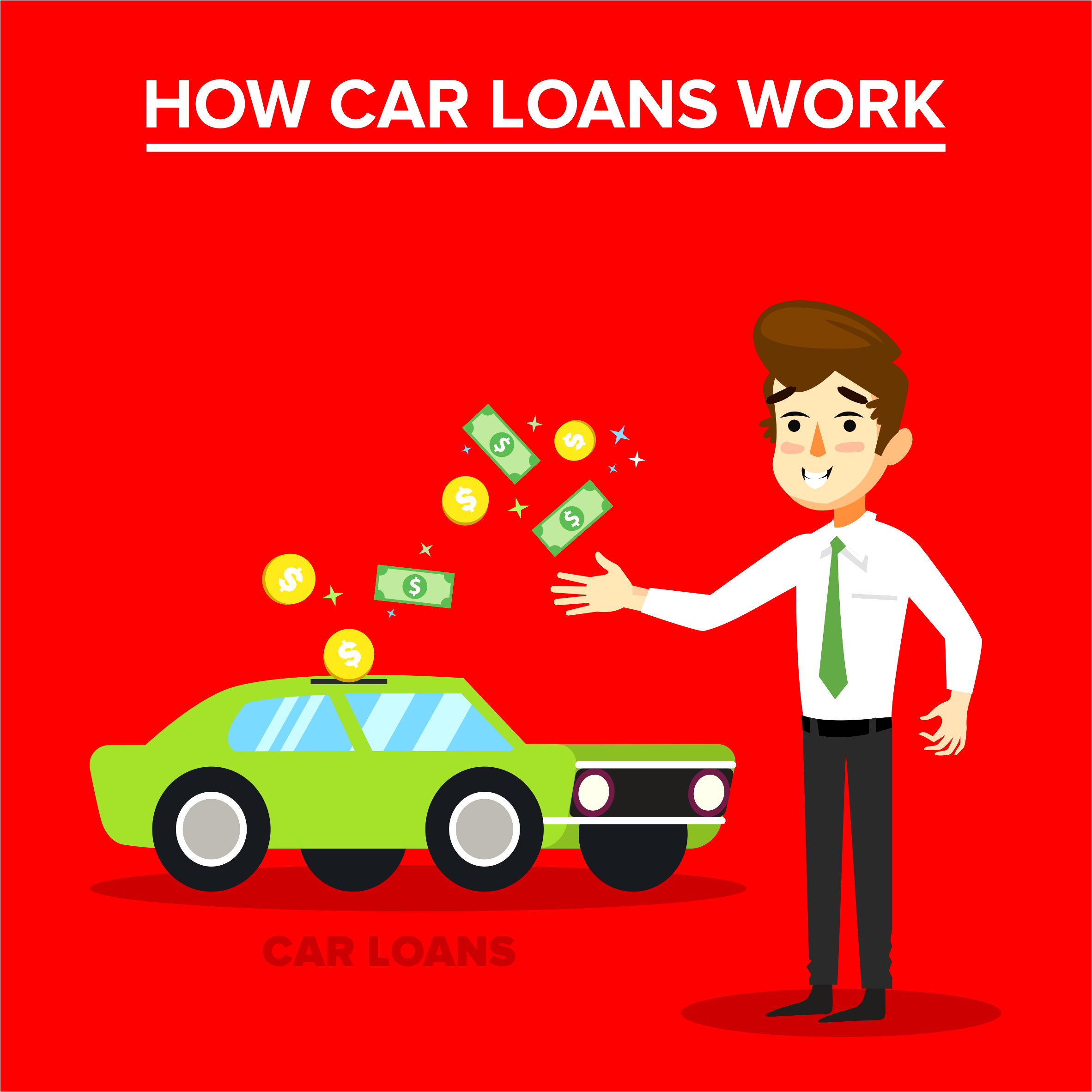
All loans are the same in essence. They include someone receiving money from someone else, with the duty to repay the amount back without or without interest. In personal loans, the person receiving often has to give some of their property as a bargaining chip.
The property can go in the hands of the lender while the receiver tries to pay off the amount. Or it can be taken over lest the receiver fails to pay back the amount they borrowed. Although car loans also have the basic aspects of loans intact, they happen to be slightly different.
What Are Car Loans and What Makes Them Different
Car loans include a party purchasing a car for someone else and then have the actual car owner pay for the amount expended, often with interest. The payments are usually made in installments and can include a set or customer defined down payment. The basic aspects to consider in a car loan are the facts that:
- The ownership of the car is in the hands of the people or firm that initially purchased the car. The ownership and associated documentation are only handed over to the actual owner once all the debt has been repaid.
- In car loans, only the car is at stake. There is no extra property held or bargained upon from the firm’s side or by the customer’s. If the customer fails to make payments on time, or if they fail to pay in full, the firm takes back the car they paid for.
The second point mentioned above is what makes car loans different from personal loans. They are simply about the car and hold no other weight over the other possessions of the customers.
Leasing or Financing
Leasing out cars can be a great investment. Since cars are replaced every 4-6 years commonly, leasing means regular payments that can end with selling the car and making some immediate money that can be the down payment for a new car. Leasing options are typically offered for new cars, though there are some for old ones as well. New cars come with a plethora of warranties and maintenance guarantees, making your life with them easier. They are almost always insured as well. Hence, leasing new cars is an overall good investment. The only downside to leasing cars is the yearly travel limit they happen to come with. Not meeting the limit means big trouble, and leasing is not advised if the limit cannot be reached.
Some Features of Car Loans
Car loans, although being loans like any other, have a number of unique characteristics. These include:
Type
Car loans firmly fall into the installment loans category. They are almost always paid in installments, starting after an initial down payment. This means that they are bound to end at one point and are not revolving.
Specifics
Car loans are often short, only going on for a few years at most. Moreover, they are also relatively low cost as compared to other loans. They have the interest rate range from 0 to 10%.
They can be flexible
Many independent and third-party dealers offer flexible payment methods and flexible payments to customers. The customers can often choose to pay more with certain installments, while also choosing their own down payment.
Can be refinanced
Unlike other kinds of loans, with a good credit history, customers can choose to refinance car loans every couple of years in order to decrease their interest rate. The refinancing is a great method to ease the pressure with installments as time goes by.
Great for Improving Credit Score
With all the above-mentioned features, car loans happen to be great in improving credit scores. They are a fantastic method for people to turn their credit history from negative to positive, especially in Canada.
Who Offers Car Loans
Car loans are offered by a number of different kinds of firms. There are firms associated with car loans specifically, whereas some car dealers themselves happen to offer car loans to customers. Moreover, banks are another major source of obtaining car loans. The flexibility and the interest rates offered by all the different companies are different as based on the policies of the respective business. However, the basic aspect of car loans is still the same for every single kind of company, irrespective of their policies. Considering that, you must review each car loan option thoroughly to check which one suits your specifications the most.
How Credit History Factors into Car Loans
Credit history is important for car loans. Many firms take in customers with bad credit history and offer huge interest rates as a result. These kinds of loans are very unstable and can cause major problems. On the other hand, customers with good credit history can end up getting better interest rates from companies that take credit history into account. Having a good credit history, means car dealership companies happen to trust you. They allow slight discrepancies with payments here and there and build a good relationship with the customers. Companies offering bad credit loans end up seizing the cars from their customers as they default on payments. Credit history is hence a very important aspect to consider while dealing with car loans, from both the customer’s perspective and the company’s.




